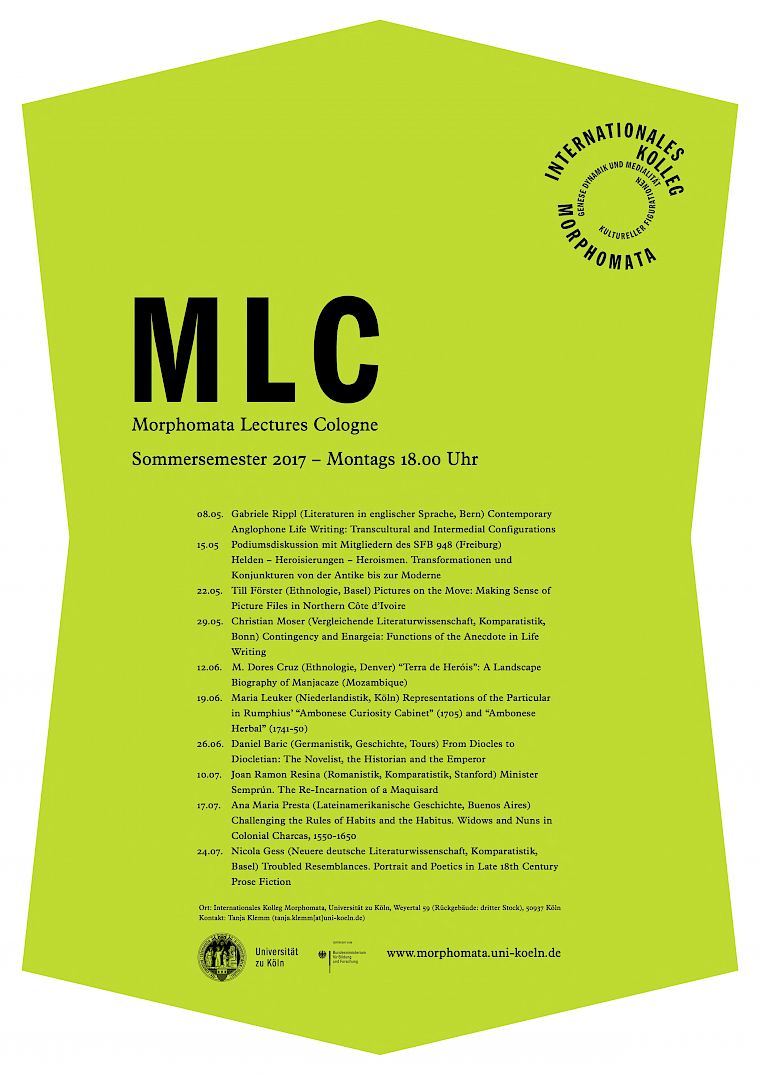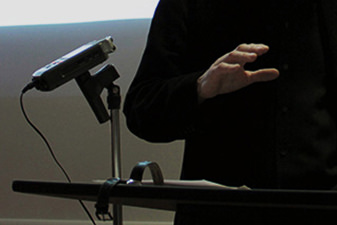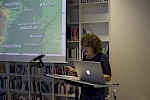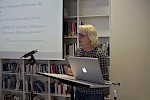The first Monastery to host women in the Southern Andes, Nuestra Señora de los Remedios, was founded in 1574 in the city of La Plata, today Sucre, the historical capital of Bolivia when the first Spanish elite created an institution that could receive its maiden daughters to enjoy a different type of marriage, a symbolic, mystic, but overall a prestigious one. Women entered the convent with or without religious vocation while showing different emotional and personal conditions. On the one hand, nunneries were supposed to be houses for religious service, meditation, pray, and fast. They were also spaces for developing arts and culture, since most of the women confined were literate and educated in letters and arts, as members of the Spanish elite. At the same time, convents were spaces of refuge and reflection, where life in community was not always pleasant or rewarding. Linked to the outside world, convents were central to the production of colonial society in which the Ancient Regime's hierarchies and differences were reproduced. The very foundation of Los Remedios and the daily life and transgressions to norms and vows that happened inside its walls rest on original sources interpreted from a gender, class, and race perspective.
Response: Karoline Noack (Bonn)



